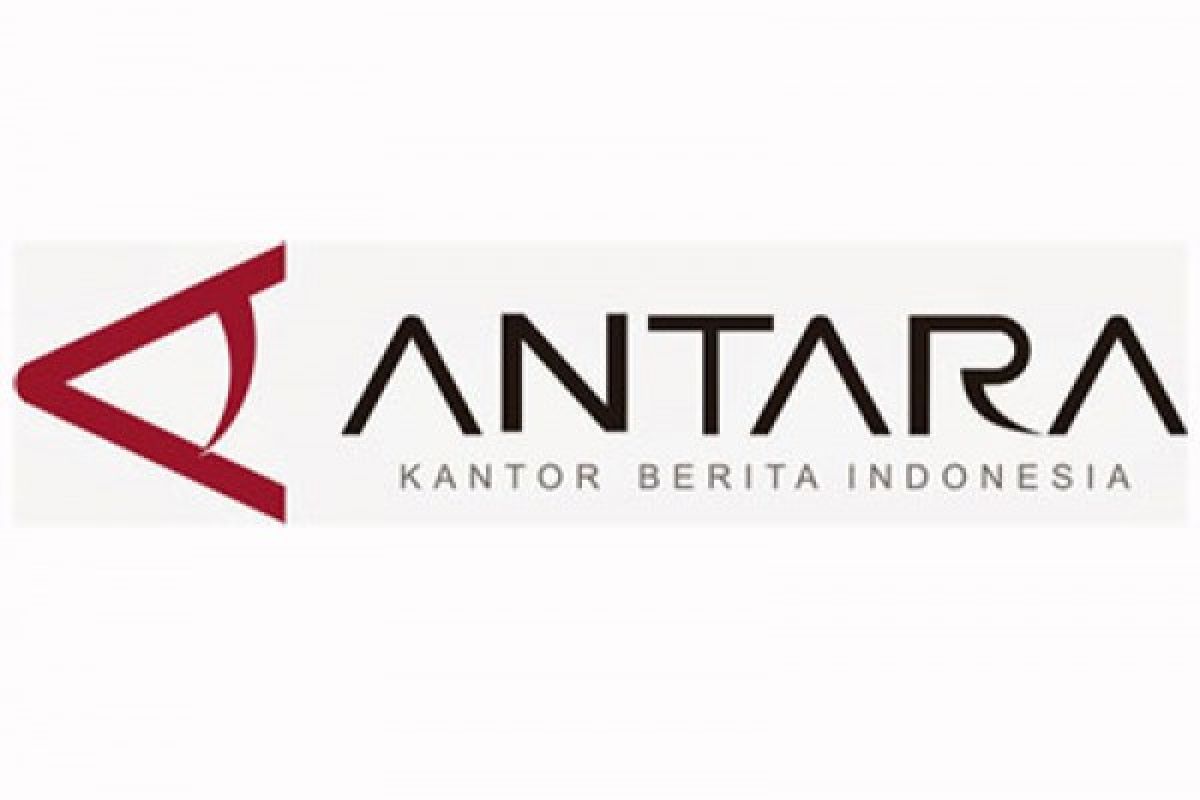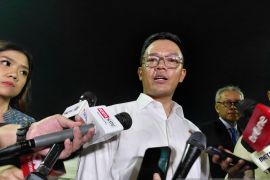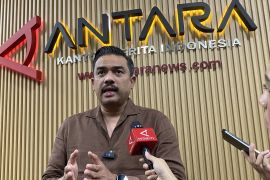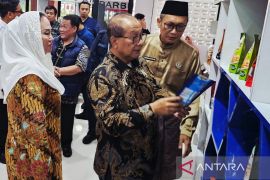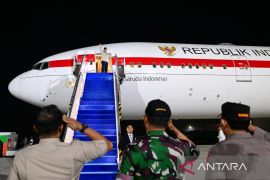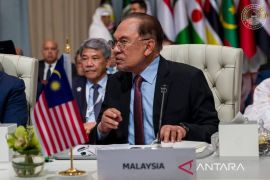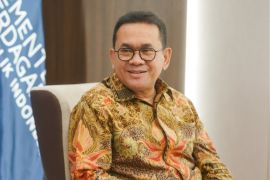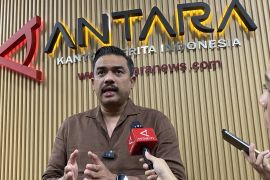This year, Indonesia`s economy is expected to rebound to 5.3-5.4 percent due to consumption recovery and continuing infrastructure investment.
In the World Bank`s January 2018 edition of its Global Economic Prospect (GEP) report, Indonesia`s economic growth is considered stable at 5.3 percent year-on-year (y/y) in the 2018-2020 period.
One of the key reasons why the World Bank expects a solid jump to 5.3 percent (y/y) GDP growth for Indonesia in 2018 and beyond is because the nation`s household consumption is estimated to improve on the back of rising wages.
Meanwhile, rising commodity prices are also expected to boost the economy of the Southeast Asian largest economy. Indonesia is one of the world`s big commodity exporters.
Based on data of The Investment Coordinating Board (BKPM), Indonesia`s economic growth would still mainly be driven by domestic consumption and investment. Until the third quarter of 2017, investment in Indonesia amounted to Rp 513.2 trillion, constituting 75.6 percent of the government`s target of attracting Rp 678.8 trillion of investment.
In addition, the government proposed a growth target at 5.4 (yoy), while Bank Indonesia offered the growth range of 5.1 to 5.5 percent.
An economist of DBS Bank Gundy Cahyadi remarked that a trend of rising commodity prices, which is believed to attract investment and boost household consumption, will increase economic growth in 2018 to 5.3 percent year-on-year (yoy).
If commodities remain at current levels, the investment growth and household consumption will increase, Cahyadi said.
In addition, the realization of infrastructure development will affect the economy in 2018.
In 2017, infrastructure development attracted investment that boosted Indonesia`s economic growth in the fourth quarter of 2017 by 5.19 percent (yoy).
With policy-making becoming more challenging and the 2019 Presidential election looming, Indonesia would need a major pull from the external environment to move to a higher gear.
GDP growth may still pick up slightly to 5.3 percent and 5.4 percent in 2018 and 2019, respectively, up from our forecast of 5.1 percent for 2017.
"Stronger commodity prices will translate into higher contribution of net exports to overall GDP growth. Investment growth will continue its gradual recovery. Meanwhile, consumption growth remains relatively stable at 5 percent," Cahyadi stated.
Financial Services Authority (OJK) official Bambang Widjanarko estimated that Indonesia`s economy will continue to recover in 2018, as indicated by the improvement of motor vehicle and cement sales as well as consumers` confidence.
He stated that the economic growth potential is supported by investment growth, especially through infrastructure development.
Foreign investors` confidence in Indonesia`s economic growth is also high, as reflected in the upgraded rating of Indonesia as a grade investment state which was previously ranked 41 to 36 (global competitiveness index) and listed as a top improver based on the ease of doing business 2017, he stated.
In the meantime, he added that the bank intermediation performance is predicted to grow in the range of 10-12 percent in line with the growth of economy, third-party fund (DPK), and credit growth.
Nevertheless, credit growth is expected to be in the range of the lower limit of the projection range, considering the process of individual bank consolidation, NPL improvement, and competitive pressure from peer-to-peer lending industry.
Meanwhile, Vice Chairman of the House of Representatives Commission XI Achmad Hafisz Tohir remarked that energy, food, and water security, as basic human needs, are fundamental problems that need to be addressed in the coming year.
Indonesia`s economic strategy cannot rely on continued extractive commodities but should rely more on the superiority of higher value industry competitiveness," he said.
Another challenge related to Indonesia`s economic fundamentals is the limited carrying capacity of long-term financing of the formal financial sector in national development.
"In the future, various external and domestic challenges need to be monitored in order to avoid having a negative impact on the Indonesian economy," he noted.
For that, he added that the policy synergies between Bank Indonesia and the government need to be strengthened. The economic policy mix is directed at safeguarding macroeconomic stability and financial system and maintaining the momentum of economic growth, in order to achieve sustainable and long-term economic growth.
President Joko Widodo earlier underscored the need for Indonesia to transform its economy from consumption-based to investment-based economy.
The time has come for Indonesia to shift to investment-based economy from consumption-based economy, he stated.
The same is also true with industries that rely on natural resources, he said.
Indonesia must abandon the economy, which is based on natural resources, without processing and instead must pursue manufacturing industries to increase added value, he remarked.
"This is the key. Let us not continue to export raw materials without processing them. We must start with process-based economy," he revealed.
He pointed out that the government is building more infrastructures as part of the efforts to boost the national economy.
Equitable infrastructure development across Indonesia is badly needed, he noted.
"Infrastructure development in Indonesia is urgent because its (existing) infrastructures are far from ideal and even tend to worsen. This is based on the results of a study conducted by the World Bank and McKinsey (in 2013)," he revealed.
Hence, the government has been stepping up infrastructure development in outlying regions, including Papua, which previously received less attention, he stated.
The government is building Trans Papua road and several other infrastructures to curb price disparities, especially in Papua, he concluded.
(T.A063/A/KR-BSR/A/H-YH)
Reporter: Azis Kurmala
Editor: Heru Purwanto
Copyright © ANTARA 2018
